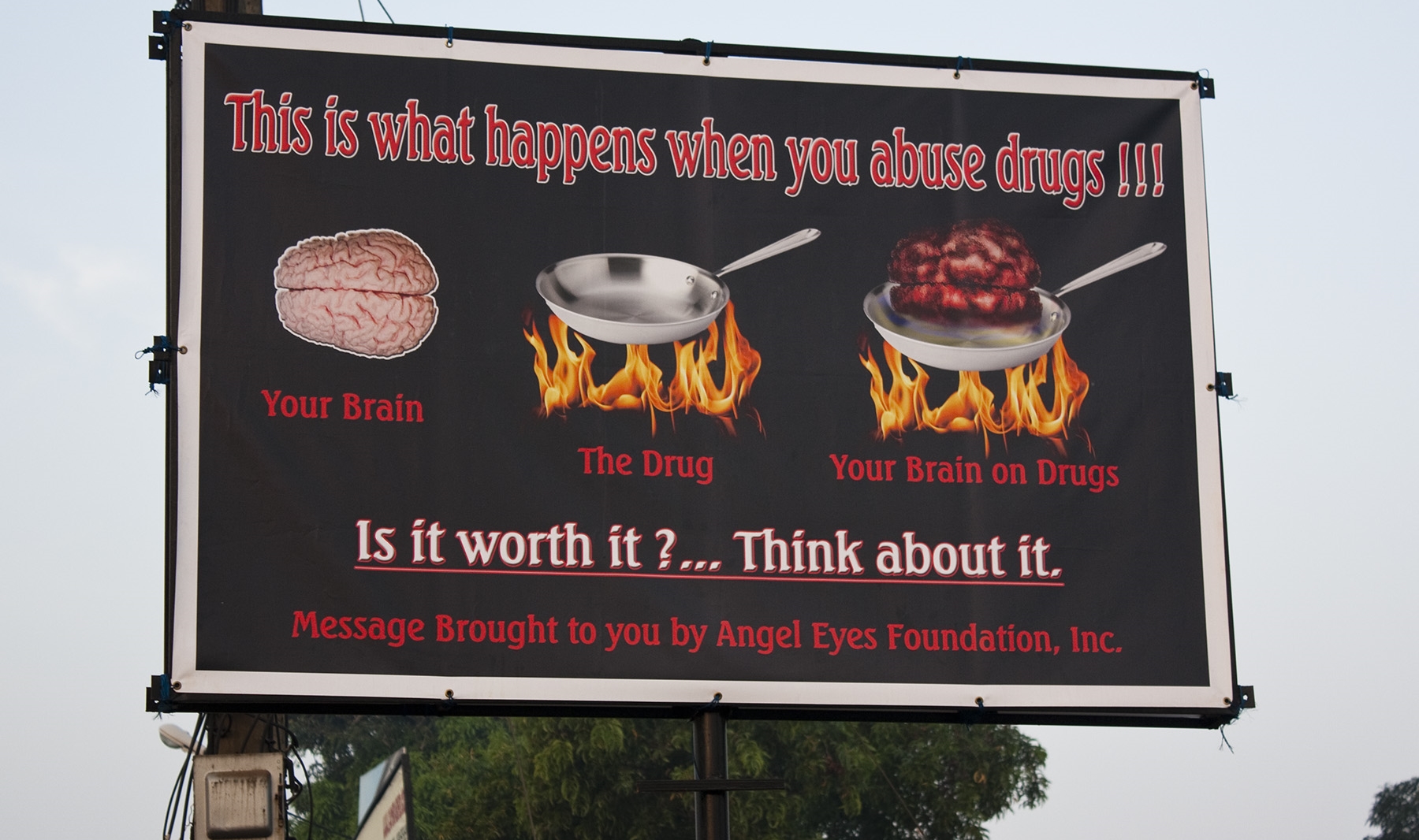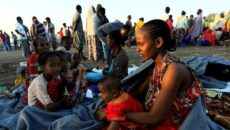MONROVIA, Montserrado - Liberia’s weak law enforcement capacity, porous borders, and its proximity to major drug transit routes have contributed to an increase in drug trafficking, according to the 2015 International Narcotics Control Strategy Report published by the United States State Department.
Some 9 percent of students in Liberia say they use marijuana, according to the UNODC 2012 global drug report while the increased trafficking of cocaine has also led to increased cocaine use across the region.
As these drugs increase in availability, Liberia’s slums are particularly impacted by substance abusers. The Slipway community in Monrovia is one of those affected communities.
Slipway has a single latrine for over 4,000 residents and some residents openly defecate in the Mesurado River. Because residents are so poor, they do not have access to relatively expensive drugs such as cocaine. Rather, the youth here commonly abuse drugs such as marijuana and opium.
Another common practice among these substance abusers is the ingesting of  human bones, which are often stolen from local cemeteries. The bones are scraped and the dust is then mixed with other narcotics.
Speaking to The Bush Chicken, some youth who are substance abusers said they find life in the slums very difficult.
Ben, a 25-year-old, (real name withheld) has lived in the drug-infested slums for 10-years yet he believes that there is still hope for him.
Ben said he is tired of this life and wants to be reintegrated into society. He complains about the stigmatization that comes with being a substance abuser. “People in the street see us as bad people, and [they think] we should not be accepted anymore, which is wrong,†he said.
A high school dropout, Ben believes that if people in the slums are rehabilitated, they can serve as change agents and help shape society. “Liberia needs us more than ever before,” he said. “Don’t take it for joke.â€
Esther, a 19-year-old who looks much younger than her age, said peer pressure and the lack of parental support led her to a life in the Slipway community.
“My mother is a single parent; she survives on picking old bottles or cans from the streets to earn money,” she said. Because she did not receive a good education, Esther said she had no other option.
For her, abusing drugs is a means of meditation. “I know what we are doing is risky for our health and future, but we need help my dear,†Esther said.
Esther and the other substance abusers who were willing to speak said they are tired of damaging their future and want rehabilitation and job opportunities as a means of reintegration into society.
“Every time the police raid the ghettos, [they] leave us vulnerable, without taking us for counseling or opening opportunities for us. We are tired. Let the government do something now or never,†Esther said, with Ben nodding in agreement.
Julia Duncan-Cassell, the Minister for Gender, Children, and Social Protection, said the government is trying to solicit funding to tackle the problem of substance abuse among the youth.
“We don’t have anywhere to put these people, even if we take them from the streets,†she said.
Duncan-Cassell added that the lack of funding by the government to secure homes and offer continuous rehabilitation service is an enormous challenge. However, she said the government will strive to find a means to protect the lives of these youth.
In a boost to the fight against drugs, the Senate in 2014 amended the act creating the Drug Enforcement Agency to ban public smoking and the smuggling of drugs into the country.
Anthony Souh, the head of Liberia’s Drug Enforcement Agency, said the fight against illicit drugs in Liberia is a challenging and an overwhelming undertaking.
“Under these strenuous circumstances, we continue to fight back. Now that we have a law on [the] book for the drug issue, we are also training our staff on dealing with the situation,†he said.
Souh said that to win the war against illicit drug trafficking and substance abuse by youths in the country, more emphasis must be placed on prevention, rehabilitation, aftercare, and treatment.
“Drug use brings violence and creates an environment where the country’s economy becomes dark.â€
Featured image courtesy of S Martin




Liberians are neat, organized and very clean people, I guess these are some of the results of the aftermath of war. Those elected officials who must get the slipway vote can build latrines. One latrine for 4000 residents now mesurado river as a latrine. Shame on all lawmakers of Montserado county. Millions spent on senatorial elections by candidates, Weah or Sirleaf or Snowne